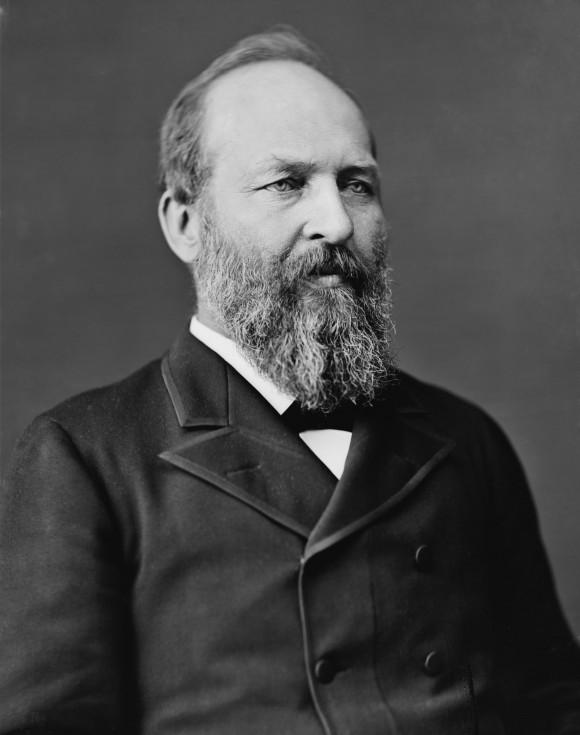By many accounts, Donald Trump’s bold use of Twitter helped him get the attention and votes necessary to win a presidential race few initially thought he could. Given Trump’s affinity for the social media platform, it was unsurprising that tweets began streaming from his @realDonaldTrump account before noon on Inauguration Day.
Trump’s first tweets as president included snippets of his inauguration speech, simple thank yous to supporters and a short clip of the Freedom Ball dance he shared with his wife. Within 24 hours, however, the new president stumbled up against complicated federal law when he (or one of his staff) tweeted, then deleted, that Trump was “honered” to serve as president.
Shortly afterward, a second tweet was posted that corrected the misspelling, though it, too, was soon deleted.
Many Twitter users tweak their tweets every day with little to no fanfare. When the president of the United States does it, however, there can be legal consequences. There are two important questions to answer about Trump’s tweets: Are they official presidential records under the law? And, are deletions or alterations of those tweets legal?
As a law professor who has researched Twitter’s impact on the 2016 presidential election, I believe the answer to the first question must be yes. But even if tweets are part of the official presidential record, meaning deletions are probably not allowed under current law, there may not be much anyone can do to stop Trump from taking down tweets.
Presidents can’t just clean house





